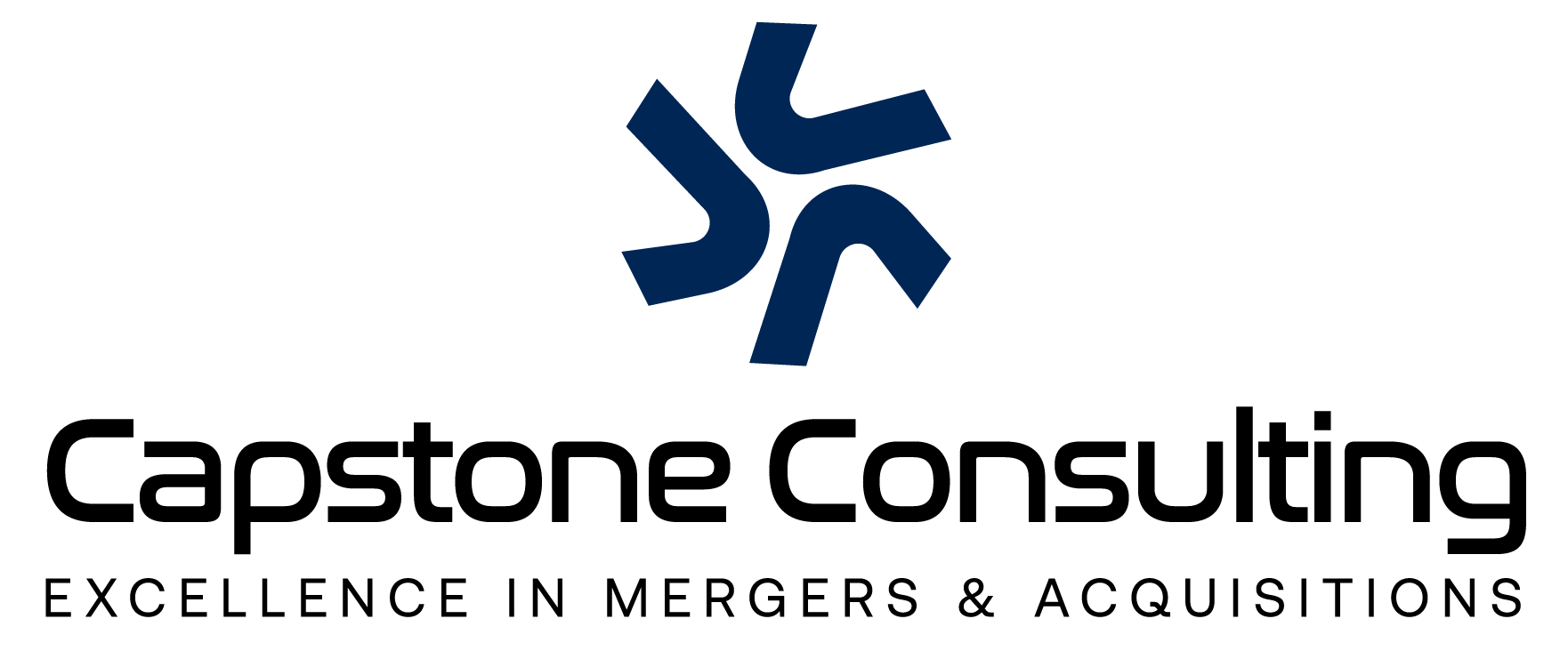Some of the smartest things you’ve done as a business owner may quietly be hurting you as a business seller. That’s because what makes for a strong, stable business during your ownership doesn’t always translate into a clean, high-value exit. These aren’t mistakes, they’re traps. Comforts that work great while you’re in the seat, but create real issues when it’s time to pass the torch.
If you plan on selling someday, these are three things you need to start thinking about now.
1. The Real Estate Advantage (Until It Isn’t)
A lot of business owners, especially those who have run their company for 15+ years, have little to no material real estate costs. Maybe you paid off the mortgage long ago, or the building was cheap when you bought it. That becomes a quiet competitive advantage. Your margins stay strong even if your pricing stays lean. It gives you flexibility and confidence. And rightly so.
But here’s the issue: Real estate values have soared in recent years, and buyers aren’t walking into the same situation you’re in. When you sell the business, the buyer inherits a new real estate reality. Whether they buy the property from you or lease it, they’re now incurring a fair market cost that chips away at those “comfortable” margins.
What this means in practice is simple: To show buyers a realistic picture of how the business will perform under new ownership, we have to normalize the financials to include a fair market rent. That reduces the business’s earnings on paper and, in turn, its valuation. The good news is, this can be mitigated. Thoughtful planning around pricing and operations just a few years before sale can offset this impact significantly.
2. The Extra Equipment Problem
This one creeps in over time. You have a good year, and you decide to pick up an extra truck or trailer. You like the cushion. You like the idea of being ready when something breaks. As an owner, that makes perfect sense. You’re thinking long-term, protecting uptime, and keeping your team productive.
But when it comes time to sell, excess equipment complicates things fast.
Yes, we can flag certain assets as “extra” and tell the buyer, “You only need two of these, not three.” But if you’ve been using all three, the buyer won’t buy that narrative. And if they feel like they’re being asked to run the business with less than it actually takes, they’ll pay less or they'll walk.
Don’t get complacent with your equipment. Keep what you need, but be intentional. If you want to hold on to a spare truck or tractor, move it offsite. Store it somewhere it won’t be in regular use. That way, it’s still there if you need it, but it doesn’t factor into day-to-day operations or your buyer’s expectations.
3. Too Many Personal Expenses
One of the perks of owning a business is the ability to run some personal expenses through the company. The IRS allows a decent amount of flexibility here, and many owners take advantage. That’s fine... to a point.
The problem is when that line gets too blurry. If your books are filled with personal charges that aren’t clearly distinguishable from actual business expenses, buyers (and especially lenders) won’t take your word for it.
We can, of course, adjust earnings for legitimate owner benefits. But when you casually say, “Oh yeah, just add back $3,500 a month on the card—I use that for personal stuff,” no one’s going to validate that, and most won’t believe it. Especially when every Lowe’s receipt is a mix of business and personal spend.
That ambiguity creates doubt. And doubt drives down value.
Even worse, if your buyer is using an SBA loan, and most deals under $5 million are, those earnings adjustments simply won’t be recognized. So not only will the buyer undervalue the business, the bank won’t even finance the deal based on what it’s actually producing.
The solution isn’t to cut all personal expenses entirely. It’s to clean them up, clarify them, and find the right mix of write-offs that are defensible and lender-recognized. That’s what we help our clients do.
Conclusion
These owner traps aren’t obvious, but they’re real. And they can cost you big time when it comes to selling. We help business owners identify these issues early, and build a path that preserves their valuation instead of quietly chipping away at it. The sooner we start, the more value we can protect.











